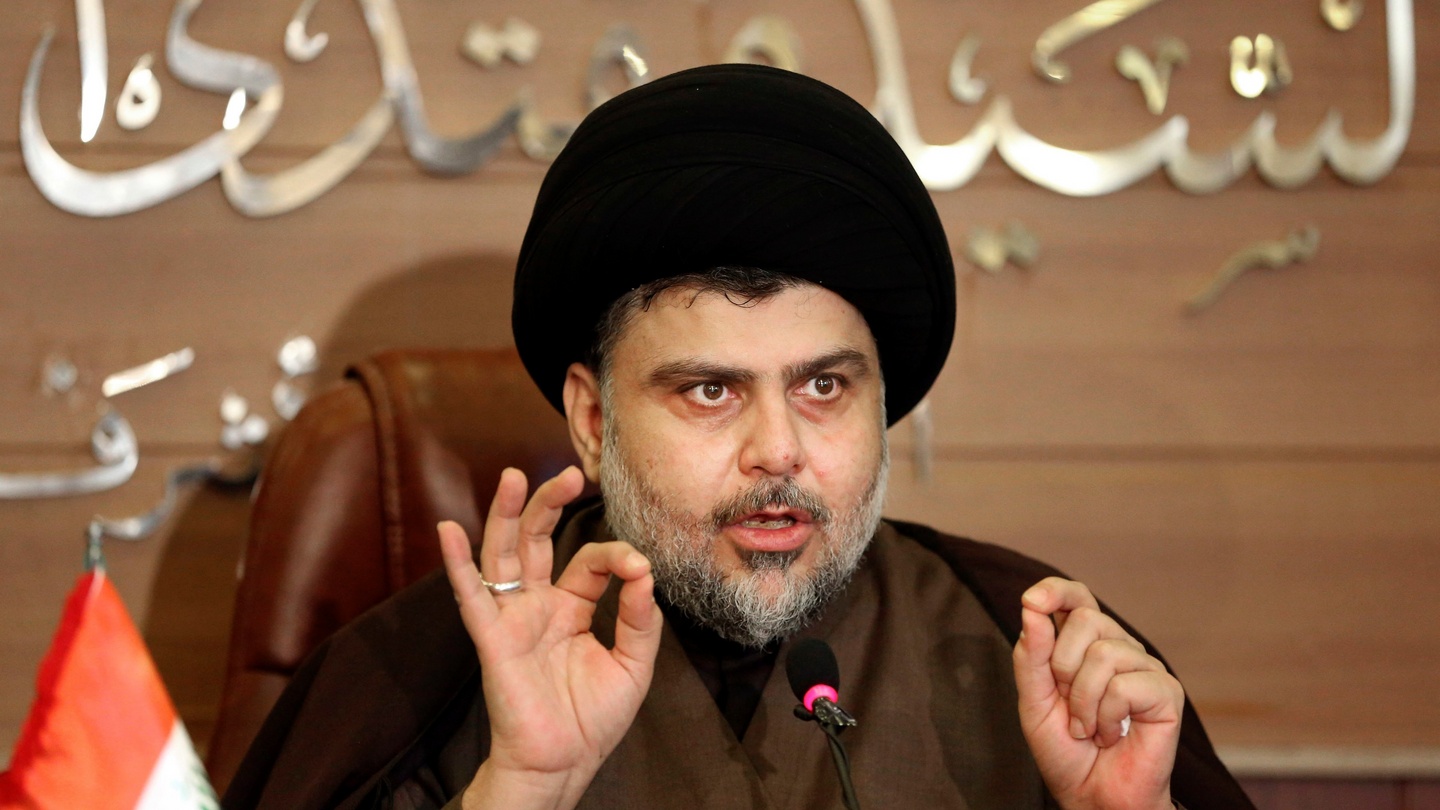Ahlulbayt News Agency: Leader of Iraq's Sadr Movement and backer of Saerun parliamentary alliance Muqtada al-Sadr in a controversial decision announced on Friday he will not take part in the snap general election scheduled for October 10. The announcement was major news hit to the media and analysts.
He are two major factors that motivate al-Sadr to sit out of the upcoming vote.
Saving social position and legitimacy among supporters
Muqtada al-Sadr, who disbanded Mahdi Army and joined the politics and elections after 2007, has always tried to maintain Sadr Movement's legitimacy and social place amid various crises and political occurrences. At various times, al-Sadr and his associates have been offered various political positions in the cabinet, which have always been met with initial acceptance but then, surprisingly, were rejected. In the current conditions, he seems to think that taking part in the October election only cuts his popularity.
Fearing a loss in election
Al-Sadr has always sought to be recognized as a charismatic leader or even a leading figure in Iraqi politics and governance in the years following 2003. He has made different statements and actions at different times and has taken unpredictable stances. In the current situation, the Saerun with 54 seats controls most of the votes in parliament. It seems that al-Sadr is afraid that these votes will be drastically lost if he participates in the elections, because his representatives or relatives in the government, especially in the ministry of health, have not had a positive performance, and this issue will surely be highlighted by the other political groups. Therefore, it can be said that his decision is a kind of precaution to steer clear of defeat.
What are the consequences?
Another point is about the repercussions of Saidr's decision. Indeed, Muqtada's withdrawal from elections sets off the alarm bells for the next prime minister candidate and all political groups. Given Saidr's record of arranging anti-government protests, his retaking an opposition position will put a heavy burden on the victorious parties in their path to forming a new government.
From another perspective, although al-Sadr has a large social base in central and southern Iraq, it would be largely incorrect to think that if he and his affiliates in Saerun would not participate, the election will see a massive boycott by supporters. Although Saerun holds 54 seats, it is worth noting that in the 2018 elections, only 44.5 percent of Iraqis participated in the elections, which was the lowest turnout rate since the fall of the Ba'athist regime. And if the massive turnout of the Kurdish provinces is removed from the total count, it will be clear that the turnout in the Shiite-majority provinces as the powerhouse of al-Sadr was less than 40 percent. So, arguing that al-Sadr boycott will considerably cut the turnout rate lacks fact-checking bases and is against the reality on the ground. In the previous election, Sadr Movement harvested majority of the votes as the turnout in the predominantly Shiite regions was less than 40 percent. This tells that the movement's political weight is at best lower than 10 percent of the turnout.
In general, al-Sadr In a position of opposition and a political leader in the place of a critic cannot do much to make difference and improvement to the politics and to the people's conditions. Taking an opposition status and ignoring the seats and ministries held by a political movement like Sadr and avoiding responsibility on the ground would be regarded negatively by the Iraqi people that could lead to downslide in the popularity of al-Sadr and his movement.
/129

